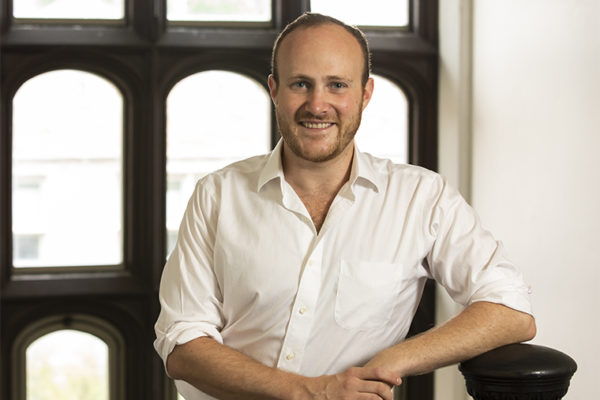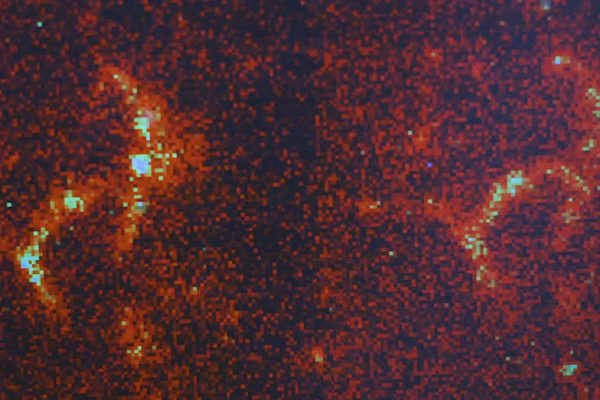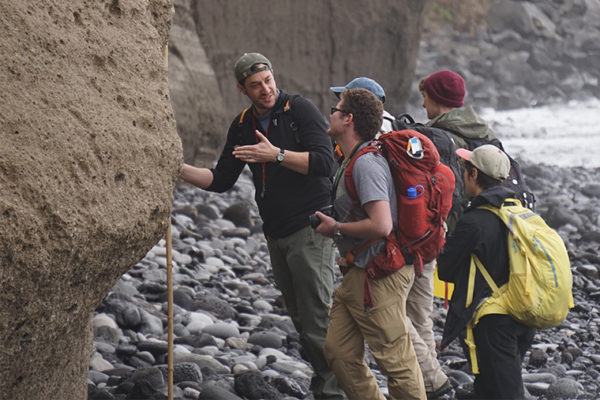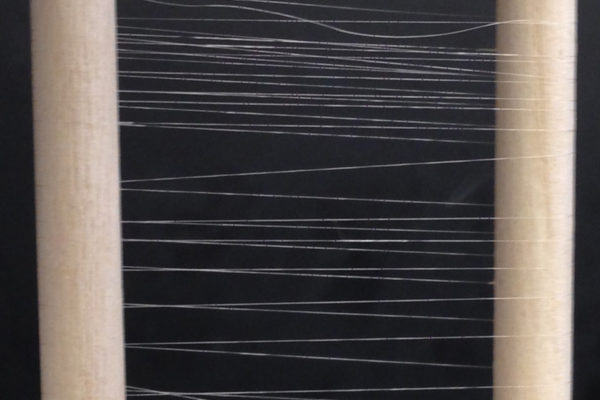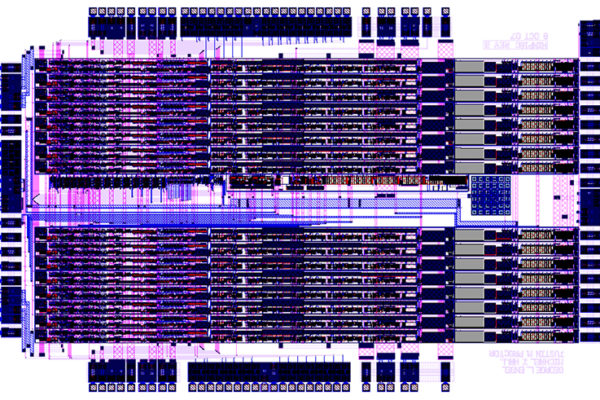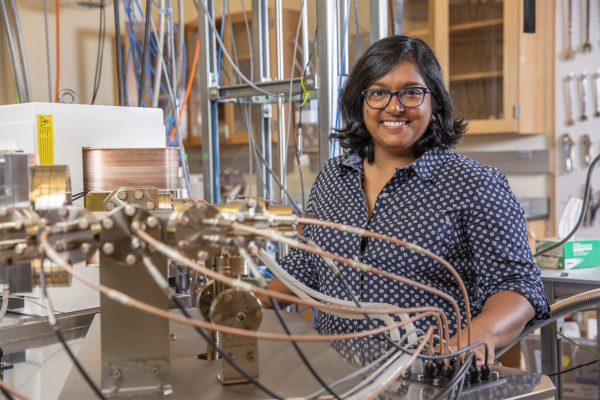Making sense, pictures of medical data
A picture may be worth a thousand words, but what if you don’t want a whole essay? A computer engineer at Washington University in St. Louis is building visualizations to clarify and condense health risk data for patients.
Noodling around
Steven Frankel, assistant professor of mathematics in Arts & Sciences, talks about why there are no obvious questions in math — and the link between the geometry of a space and how that space changes over time.
Machine learning used for helping farmers select optimal products suited for their operation
Washington University in St. Louis, in partnership with The Climate Corporation, a subsidiary of Bayer, are working to explore unique new technologies to advance the science behind hybrid selection & placement.
Changing our understanding of the carbon cycle
Processes that were thought to take tens of thousands of years can happen in hours, according to new research. And that may change our understanding of the carbon cycle, and maybe the history of Earth’s climate.
‘Blink’ and you won’t miss amyloids
Tiny protein structures called amyloids are key to understanding certain devastating age-related diseases, but they are so minuscule they can’t be seen using conventional microscopic methods. A team of engineers at Washington University in St. Louis has developed a new technique that uses temporary fluorescence, causing the amyloids to flash or “blink”, allowing researchers to better spot these problematic proteins.
Field Notes | Azores, Portugal
Students in an undergraduate class in Arts & Sciences traveled to the remote Portuguese Azores archipelago to study field geology techniques in a rugged landscape shaped by volcanoes and shifting tectonic plates.
In sync: How cells make connections could impact circadian rhythm
If you’ve ever experienced jet lag, you are familiar with your circadian rhythm, which manages nearly all aspects of metabolism. Every cell in the body has a circadian clock, but until now, researchers were unclear about how networks of cells connect with each other over time. Researchers at Washington University in St. Louis and collaborating institutions have developed a new method that sheds light on these circadian rhythm networks.
Bigger proteins, stronger threads: Synthetic spider silk
Scientists in the School of Engineering & Applied Science at Washington University in St. Louis have, for the first time, created a biosynthetic spider silk that behaves like the real thing. And they may soon make it even stronger.
Improving nuclear detection with new chip power
A cross-disciplinary team of chemists and physicists in Arts & Sciences is building a better computer chip to improve detection and surveillance for the illegal transport of nuclear materials at U.S. borders. The work is part of a new, five-year, $10 million collaboration in low-energy nuclear science led by Texas A&M University.
There and back again: Mantle xenon has a story to tell
Rita Parai, assistant professor of geochemistry in Arts & Sciences, constrains the history of volatile transport from the atmosphere into the deep Earth in a new publication in the journal Nature.
Older Stories

